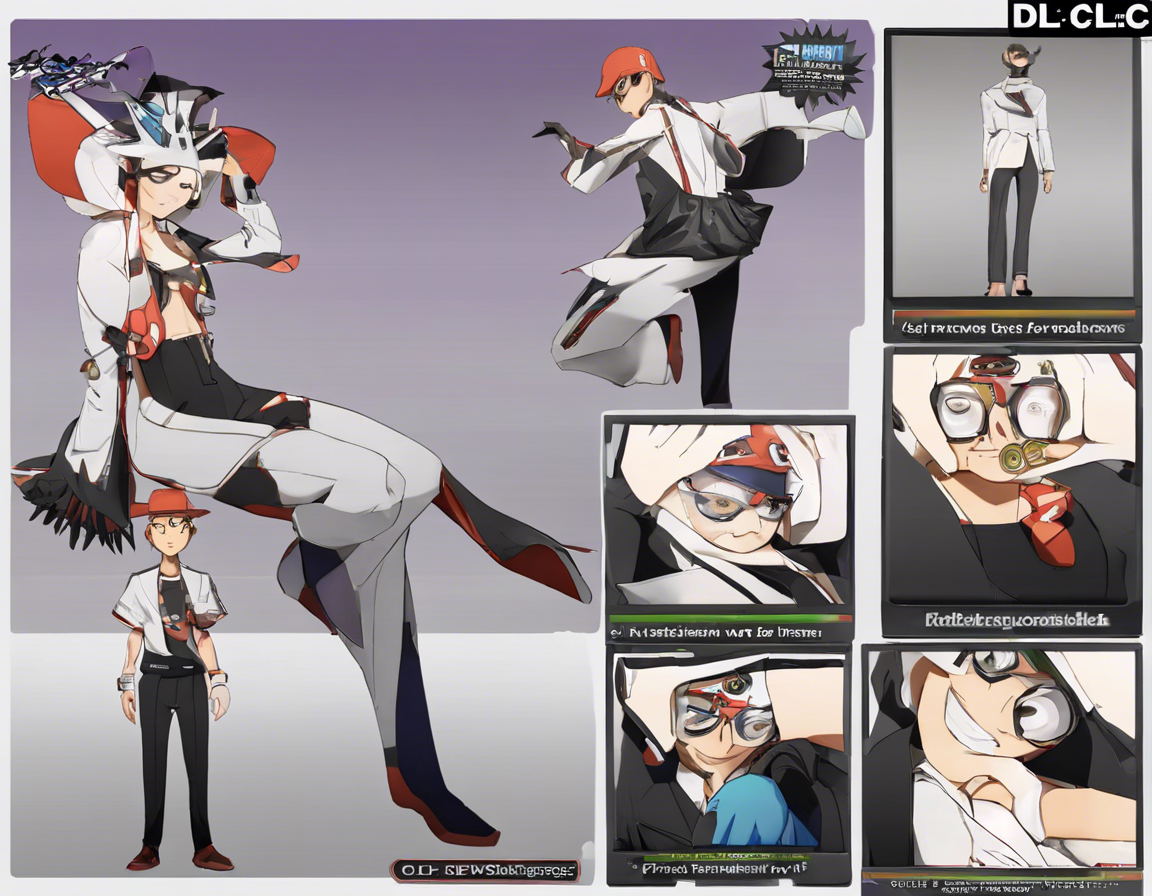Looking to expand your knowledge on acronyms and abbreviations? One such common term you may have come across in the world of gaming is DLC, and you might be wondering: What does DLC stand for? In this detailed guide, we will unravel the mystery behind this acronym and delve into its various facets.
Understanding DLC:
DLC stands for Downloadable Content. It represents additional content or features that can be downloaded and added to a video game after the original release. This downloadable content can take many forms, including new levels, characters, weapons, quests, storylines, skins, and more, that enhance the gaming experience.
Types of DLCs:
1. Expansion Packs:
Expansion packs are substantial additions to the base game, offering new storylines, gameplay mechanics, and areas to explore. They often provide hours of additional gameplay and are usually priced higher than other types of DLC.
2. Cosmetic DLC:**
Cosmetic DLC includes items such as skins, costumes, weapon designs, and character customization options that do not affect gameplay but allow players to personalize their gaming experience.
3. Season Passes:**
Season passes provide access to a collection of DLCs at a discounted price. They are often offered before the release of the game and grant players all the DLCs released within a specific period.
4. Expansion Packs:**
Similar to expansion packs, these DLCs present new storylines, characters, items, and quests, but on a smaller scale. They are commonly released periodically to keep players engaged over time.
Benefits of DLC:
1. Extended Gameplay:
DLCs offer additional content that extends the lifespan of a game, providing players with new challenges and experiences beyond the original release.
2. Customization:
Cosmetic DLC allows players to personalize their gaming experience, expressing themselves through unique character designs and skins.
3. Community Engagement:
DLCs can foster a sense of community among players as they discuss and engage with the new content, keeping the game environment vibrant and active.
How DLC Works:
When a game developer releases DLC, players can typically purchase and download it through the respective platform’s online store, such as Steam, PlayStation Store, Xbox Live, or Nintendo eShop. Once downloaded, the new content seamlessly integrates into the base game, allowing players to access it as part of their gameplay experience.
Essential DLC Terminology:
To better understand DLCs, here are some key terms commonly associated with downloadable content:
1. DLC Pack: A bundle of additional content offered for purchase.
2. Patch: A software update that fixes bugs and improves gameplay; sometimes released alongside DLCs.
3. Early Access: Exclusive access to DLC content before it is officially released to the public.
4. DRM (Digital Rights Management): Measures to control and protect digital content from unauthorized copying and distribution.
DLC in Various Gaming Platforms:
Different gaming platforms handle DLC distribution and management differently. Here’s how DLC is typically handled on some popular gaming platforms:
1. PlayStation (PS4/PS5):
PlayStation users can purchase and download DLCs directly from the PlayStation Store, accessible from their console or web browser.
2. Xbox (Xbox One/Xbox Series X):
Xbox users can find and purchase DLCs from the Microsoft Store, available both on the console and online.
3. PC (Steam, Origin, Epic Games Store):
PC gamers can access DLCs through various online stores like Steam, Origin, or the Epic Games Store, depending on the game’s distribution platform.
Common FAQs About DLC:
Here are some frequently asked questions related to DLCs, along with concise answers for clarity:
1. What is the purpose of DLC in video games?
DLC enhances the gaming experience by providing additional content, extending gameplay, and allowing players to personalize their gaming adventures.
2. Are DLCs free?
While some games offer free DLCs, most downloadable content is sold separately from the base game, requiring an additional purchase.
3. Can DLCs be shared between different gaming consoles?
DLCs are typically tied to the specific platform where they are purchased and are not interchangeable between different consoles.
4. Are DLCs always worth it?
The value of DLC depends on individual preferences and the content offered. Many players find DLCs worthwhile for the extended gameplay and additional features they provide.
5. Can DLCs affect game performance?
While DLCs can introduce new elements to the game, they are usually designed to integrate seamlessly with the base game without significantly impacting performance.
In conclusion, DLC (Downloadable Content) plays a crucial role in the gaming industry, offering players the opportunity to expand and customize their gaming experiences. With a variety of DLC types available, gamers can choose the content that best suits their preferences and enhances their gameplay. Whether it’s exploring new storylines, acquiring cosmetic items, or engaging with a community through DLC, downloadable content continues to shape the evolving landscape of video games.
